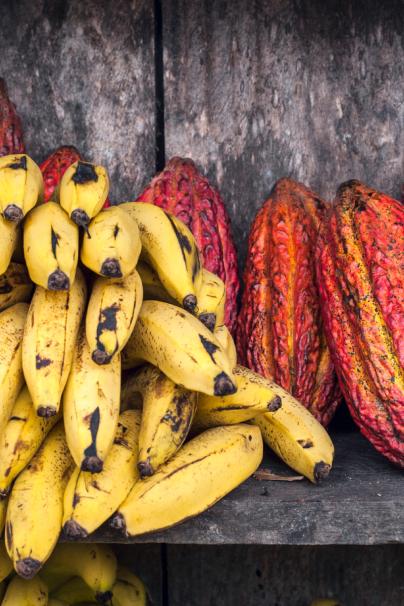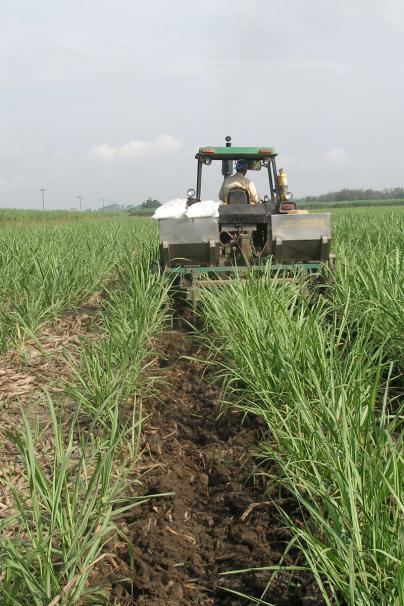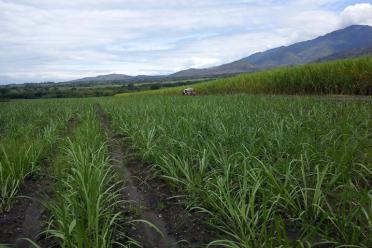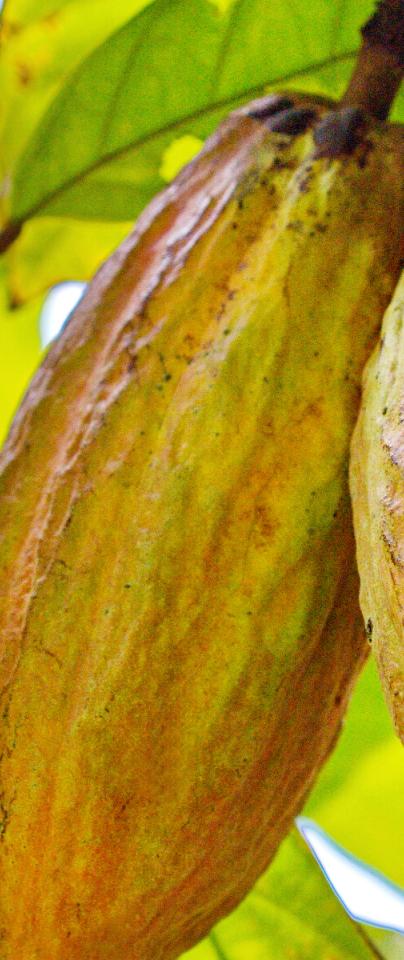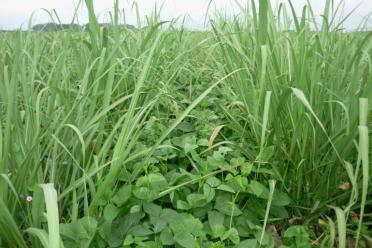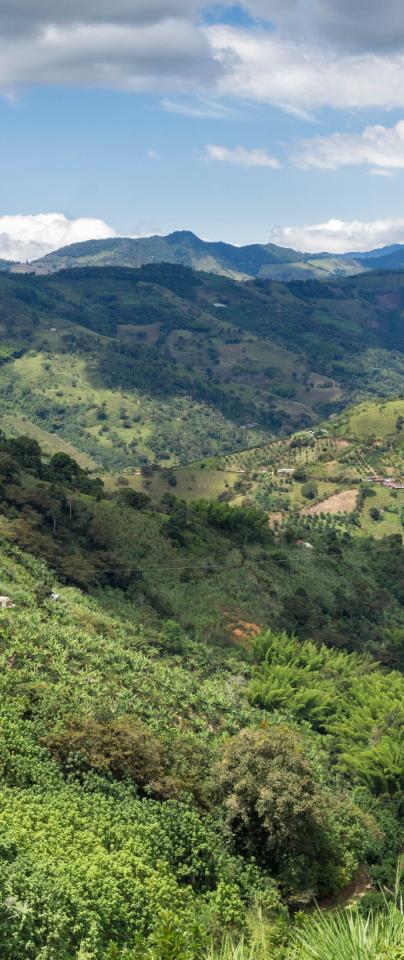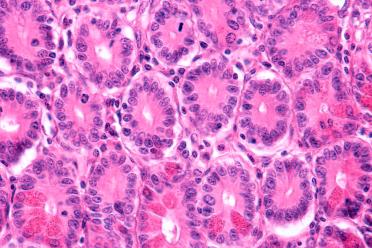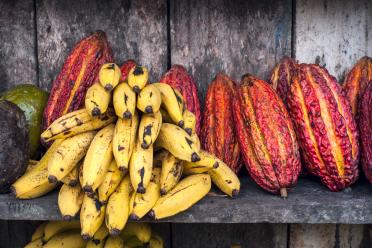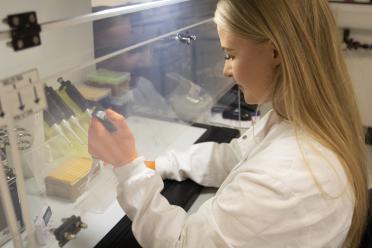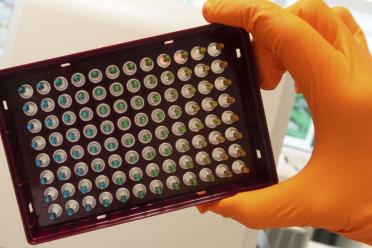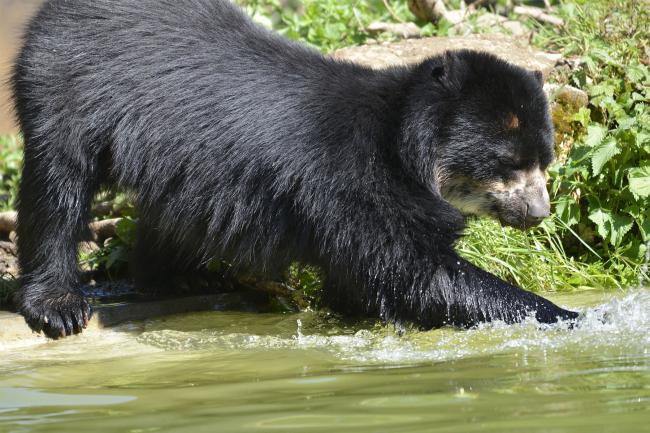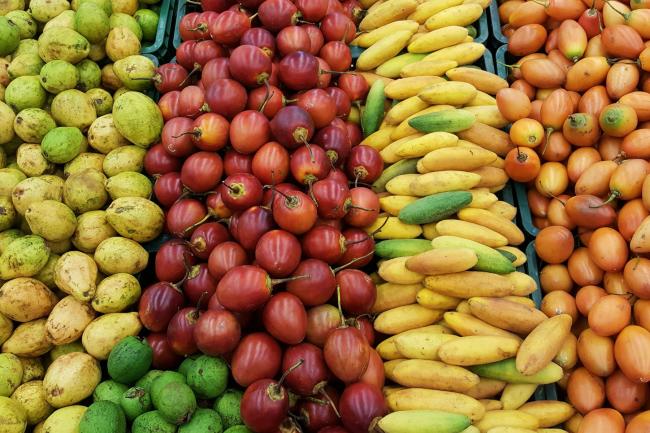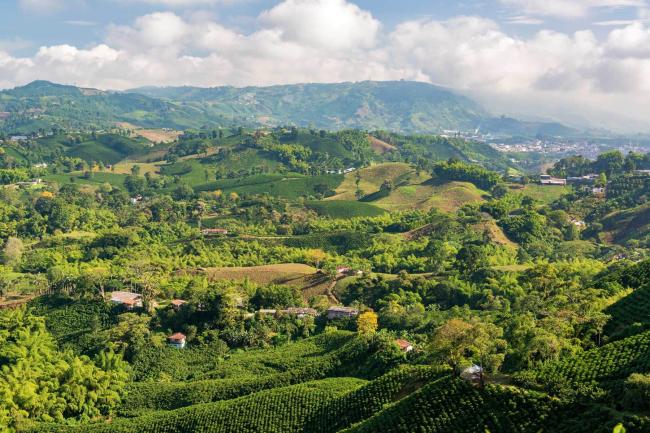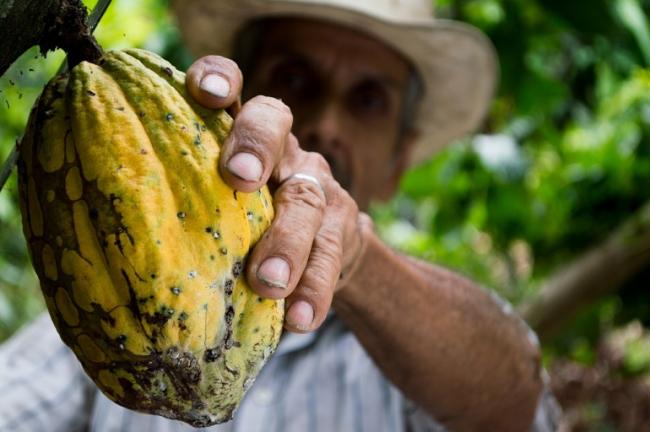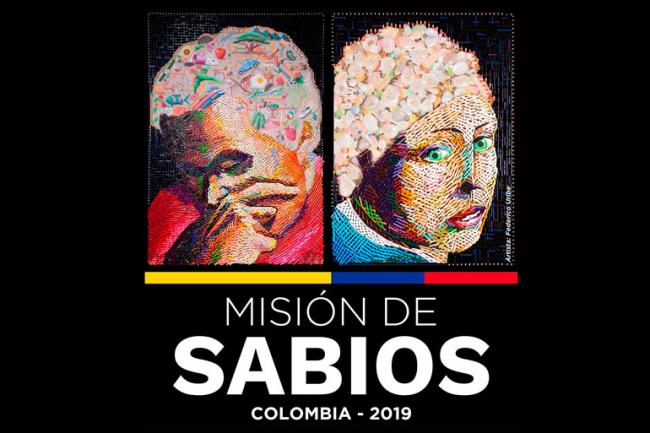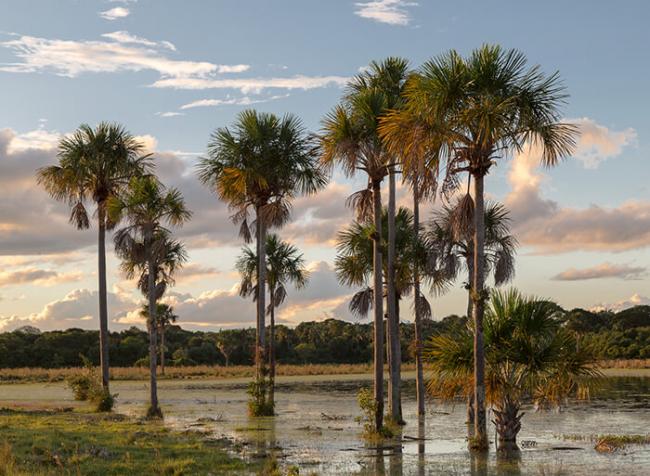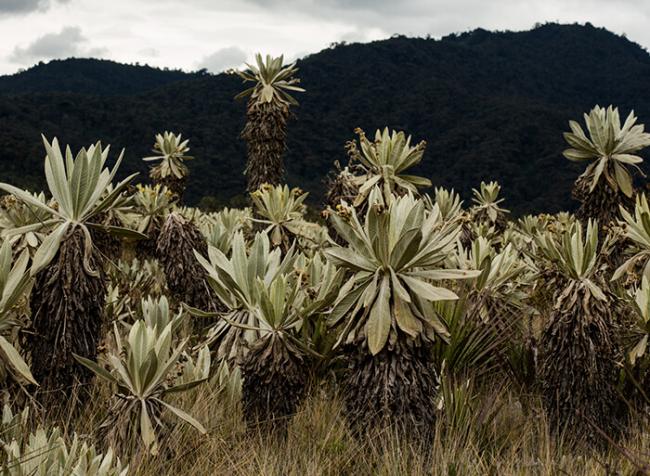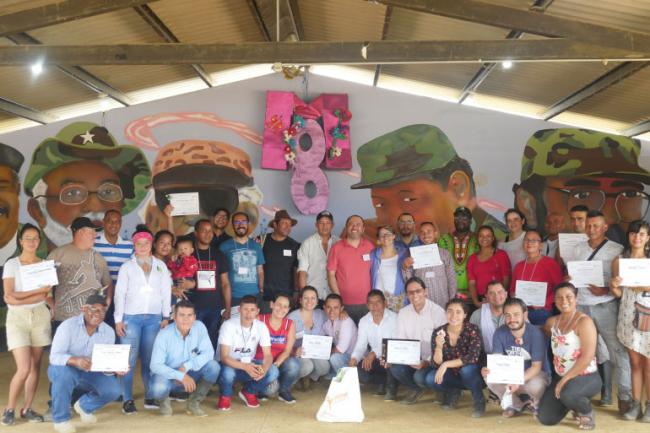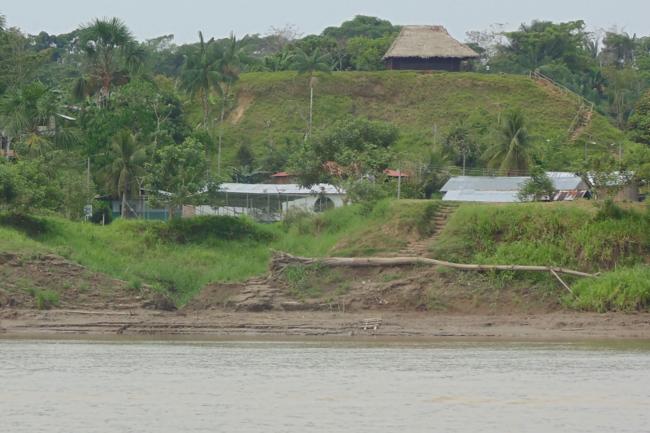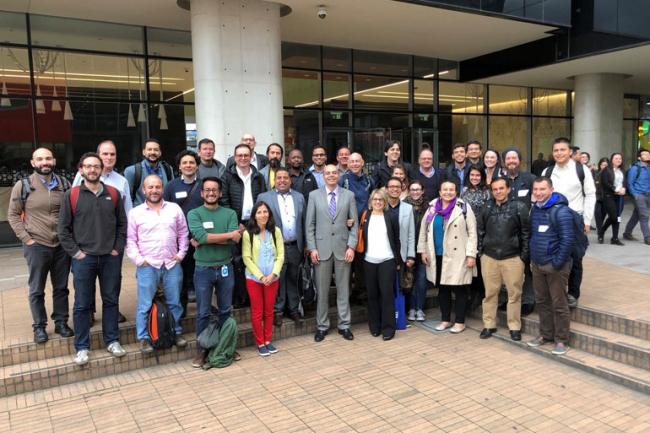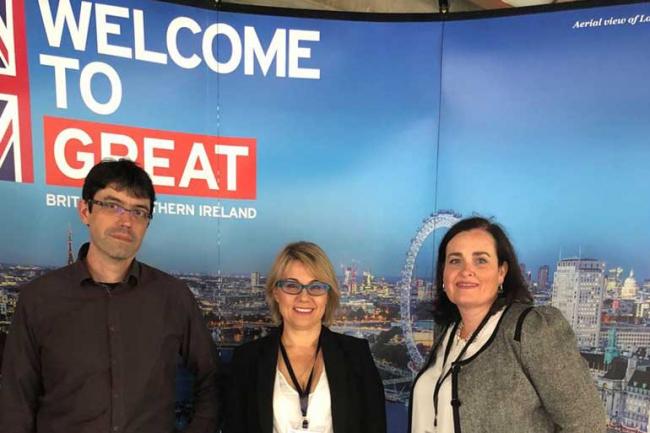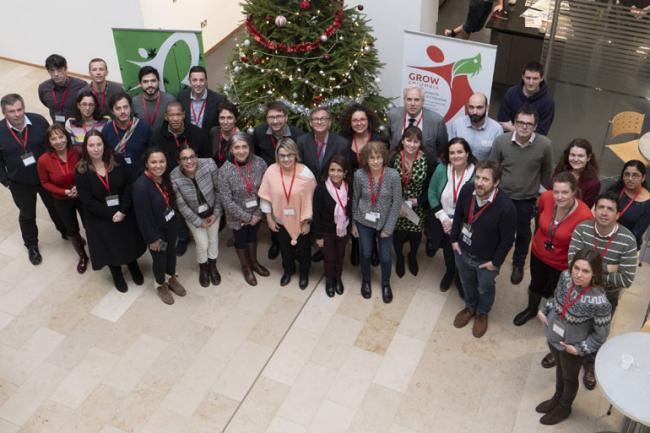The objective of our projects is to demonstrate the technical feasibility of using soil microbiomes as a bioindicator (living organism that gives us an idea of the health of an ecosystem) to monitor soil health and support the adoption of sustainable agricultural practices.
For example, in our project with Cenicaña, we hope to compare the diversity of soil microbiomes from both organic and convencionally grown sugarcane. The data will help to determine the effects of different agricultural practices, used for many years in Colombia, and determine the best practices to help sustain soil microbial diversity and the fertility of sugarcane plantations.
We will also generate capacity building and a network of scientists interested in the area of microbial ecology in Colombia. This will further encourage Colombian researchers from different areas to communicate and perform novel microbial ecology studies. We hope to offer the best methods and ways to tackle important biological questions and learn from research done in the country.
For EI, it is also important to expand the level of microbial ecology expertise in the institute, opening new lines of research with national and international cooperations.
